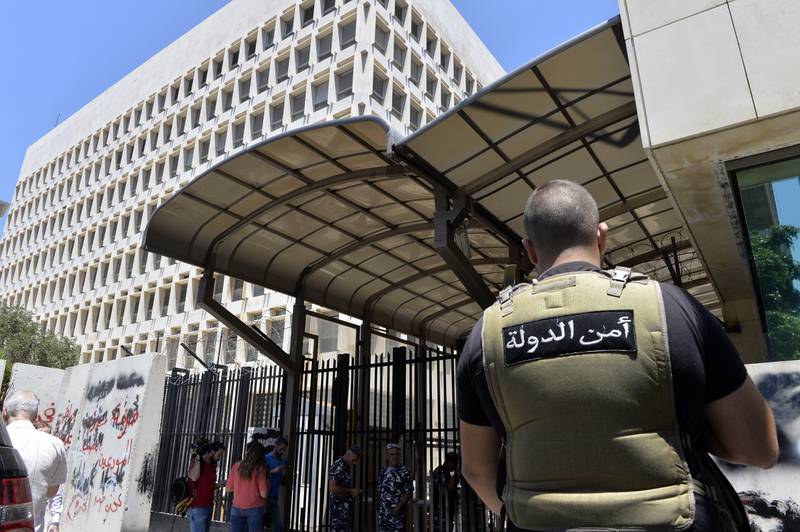
By Najia Hassari — arabnews.com — BEIRUT: Lebanon’s security services seized over 1 million Captagon pills hidden in a shipment of grapes at Beirut port, it was announced on Saturday. Interior Minister Bassam Mawlawi said that the illicit haul was heading to Kuwait via Sudan, and that investigations are underway to “pursue the dealers.” Lebanese authorities insist they have stepped up efforts to combat the illegal trade in Captagon after Gulf states, led by Saudi Arabia, issued warnings about a rise in the number of attempts to smuggle the stimulant. In 2021, the Kingdom suspended fruit and vegetable imports from Lebanon after seizing more than 5 million Captagon pills hidden in a shipment of pomegranate bound for the country. Authorities said that in the past six years, there have been attempts to smuggle up to 600 million narcotic pills from Lebanon to Saudi Arabia. Meanwhile, calm returned to Lebanese streets after at least five customers using pellet guns or toy weapons stormed banks across the cash-strapped country on Friday demanding access to withheld savings.
The Association of Banks in Lebanon said it was closing all branches for three days to protest against the attacks and protect banking staff. However, there are fears of widening chaos if protesters take to the streets following the banks’ closure next week. One political observer, who declined to be named, said: “Depositors are storming banks, people are carrying weapons, individual fights are turning into armed clashes, while families and clans are firing at each other in rural areas, even in villages affiliated with Hezbollah.” Security services are all but powerless to act because their members are “suffering under the economic collapse just like everyone else,” the observer said. In an already febrile atmosphere, Hezbollah chief Hassan Nasrallah condemned a recent amendment in the mandate of the UN peacekeeping force deployed along the border with Israel.
The UN Security Council on Aug. 31 extended the mandate of the UNIFIL peacekeeping force for a period of a year, but with a minor modification in the wording. Speaking at a religious ceremony in the Bekaa, Nasrallah warned Israel against extracting gas from the offshore Karish field amid maritime border talks between Lebanon and Israel. Israel has announced it will start work at the site next month. “We cannot allow the extraction of oil and gas from the disputed Karish field before Lebanon gets its rightful demands. We draw a line here. If any extraction is carried out, trouble will ensue. Our goal is for Lebanon to be able to extract oil and gas,” he said.
“This issue is not related to any other issues with Israel. No threat from the enemy affects us. The Lebanese state is concerned with the negotiations; we only observe. We are keeping an eye on Karish and our missiles are guided in its direction.” In a televised speech, Nasrallah took issue with a part of the UN Security Council resolution to extend the UNIFIL mandate that states the peacekeeping force “is allowed to conduct its operations independently,” calling the resolution “a violation of Lebanese sovereignty” and lambasting the Lebanese government for allowing it through. The Hezbollah leader described Lebanese officials involved in the mandate discussions as “either ignorant or complicit because this resolution could give rise to great dangers in the area south of the Litani River.”
Domestically, Nasrallah hoped that a government would soon be formed, adding: “If we only have a caretaker government and end up with a presidential vacuum, chaos will prevail.” He supported calls for a consensus, but said: “It is necessary to have a president with the largest possible political, parliamentary and popular base to be able to fulfil his legal and constitutional role.”



